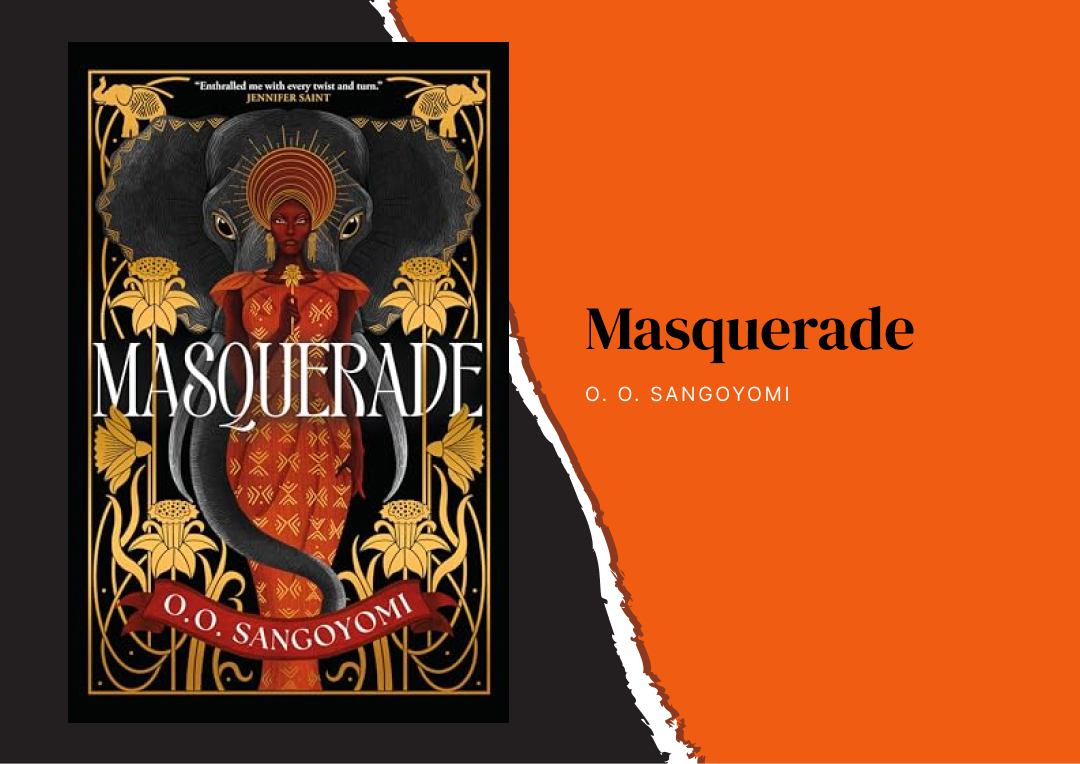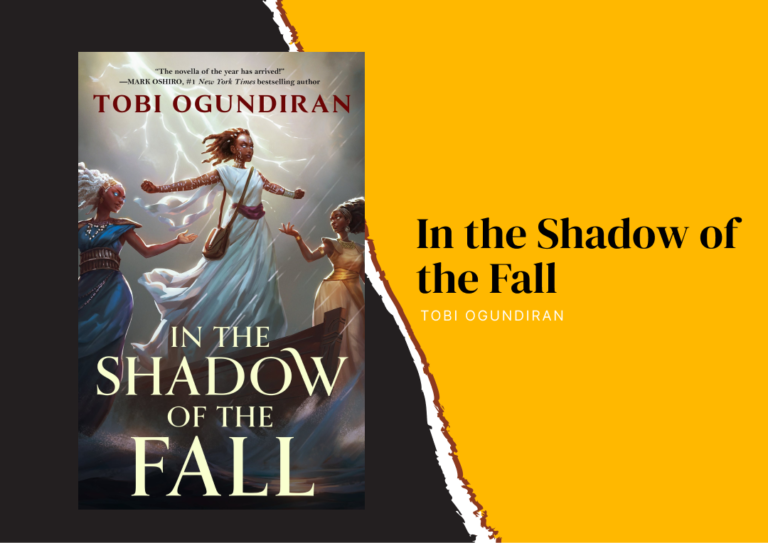Masquerade By O.O. Sangoyomi
I read Masquerade shortly after finishing Tomi Adeyemi’s Children of Anguish and Anarchy. The use of metaphors drawn from African cosmology and cultural traditions has seen a significant rise in the SFF genre, and seeing how O.O. Sangoyomi incorporates these elements into a work of historical fiction was particularly appealing.
In Masquerade, a work of historical fiction by O.O. Sangoyomi, we follow the protagonist, Ododo (meaning “flower”), through the turbulence of a chaotic political regime in the nascent, fictional Oyo Empire, as well as the ups and downs of life thrown her way—often pleasant, sometimes challenging.
Sangoyomi sets this adventure against the historical backdrop of the Oyo Empire, intertwined with the fading remnants of the Mali Empire, though the two civilizations had little to do with each other. The story is also loosely inspired by the Greek myth of Persephone, a woman tricked into a relationship with Hades. A key similarity between Persephone and Ododo lies in the symbolism of the flower or pomegranate, representing promises or covenants—binding Ododo to her life with Alaafin Aremo.
The standout feature of this book is its female characters. There’s Ododo, her mother-in-law, matriarchal blacksmith aunts, slave allies, and formidable adversaries. Each woman possesses a strong personality and plays an influential role in Ododo’s development.
Ododo is likely the most developed female character in the novel. She is multi-layered and serves as an anti-hero, as her choices often reflect poor moral judgment. Personally, I didn’t particularly like her character. However, I admired her genuine passions, her loyalty to her heritage, and the evolution of her journey.
Her naïveté is gradually stripped away through betrayals and training in scholarship and strategy. There’s also a suggestion that she is learning diplomacy, or at least on her way to mastering it. These lessons seem essential to her preparation for becoming Queen of the Oyo Empire.
Kolo, on the other hand, is a simpler character—a soldier on a mission, cloaked in sufficient mystery through her use of cloak-and-dagger tactics, but not much else is explored.
Sangoyomi’s language is prosaic and fitting for delivering the fast-paced nature of the story, as well as painting the vast political and cultural landscape in which it is set.
The challenge of weaving such a story while maintaining an authentic and compelling cultural, political, and historical framework must not have been easy for Sangoyomi, yet she handles it well.
Masquerade is a well-paced tale that explores themes of feminism, power, Yoruba and West African culture, and patriarchy. Whether viewed as a political drama with intricate intrigues or as a mythological retelling, it is ultimately the story of a woman coming into her own. “Long live the Queen.”







